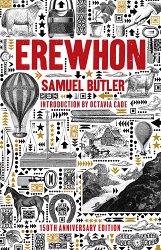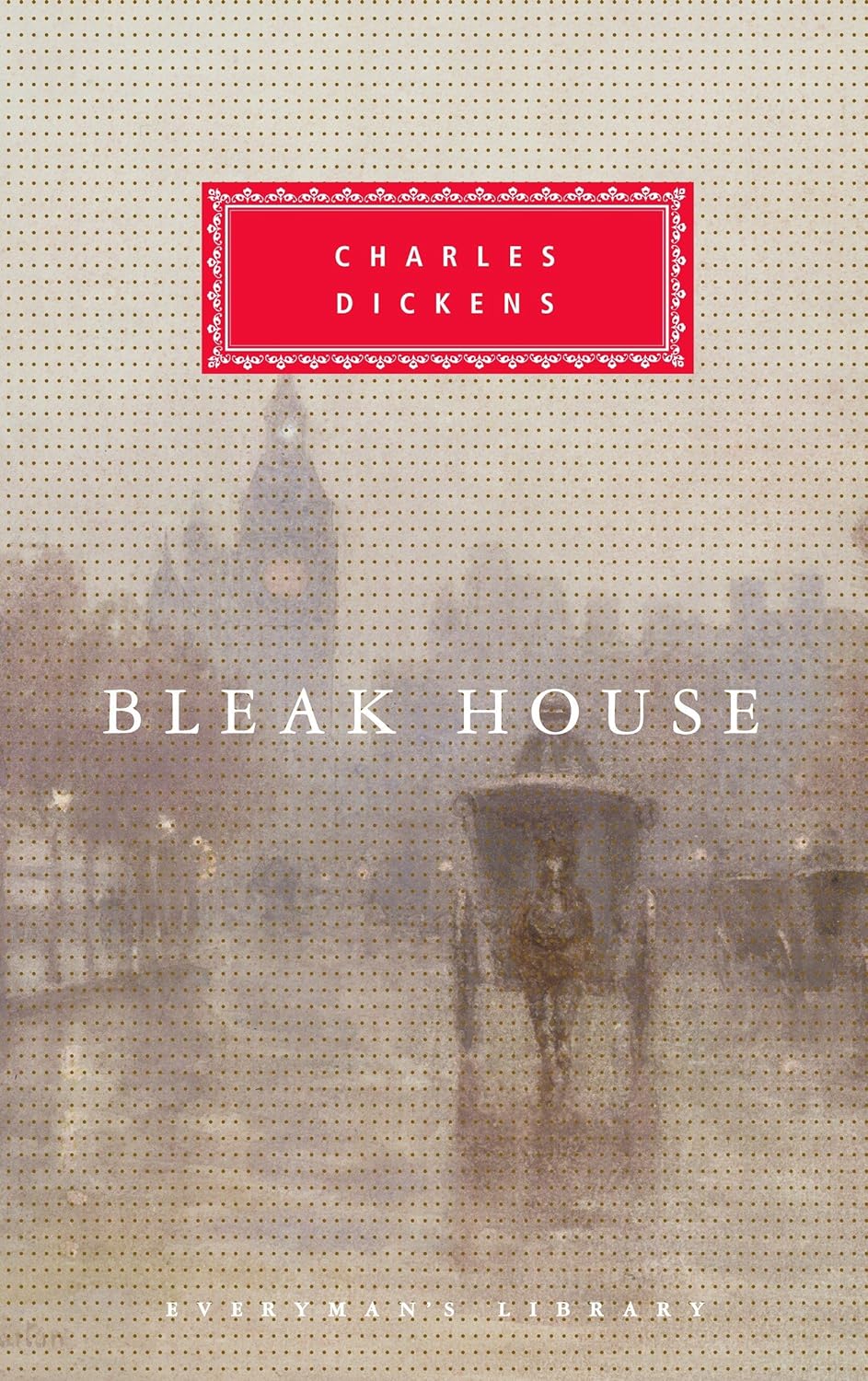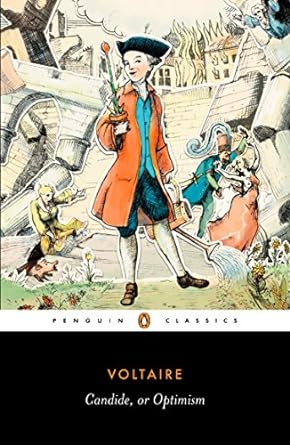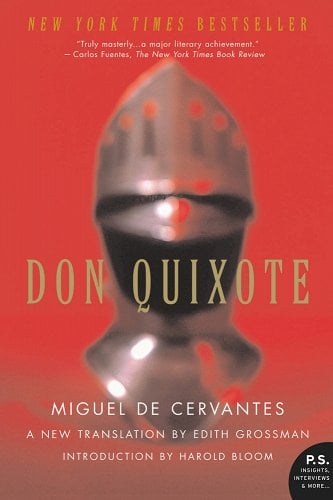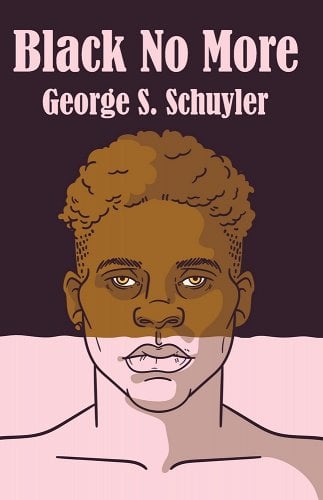In early nineteenth century Russia, one’s status is decided based on how many enslaved workers (serfs) under your name. Likewise, property owners do not pay taxes on the land own but rather on the number of serfs assigned to them at the last census. Even if a serf dies, a property owner must pay taxes




